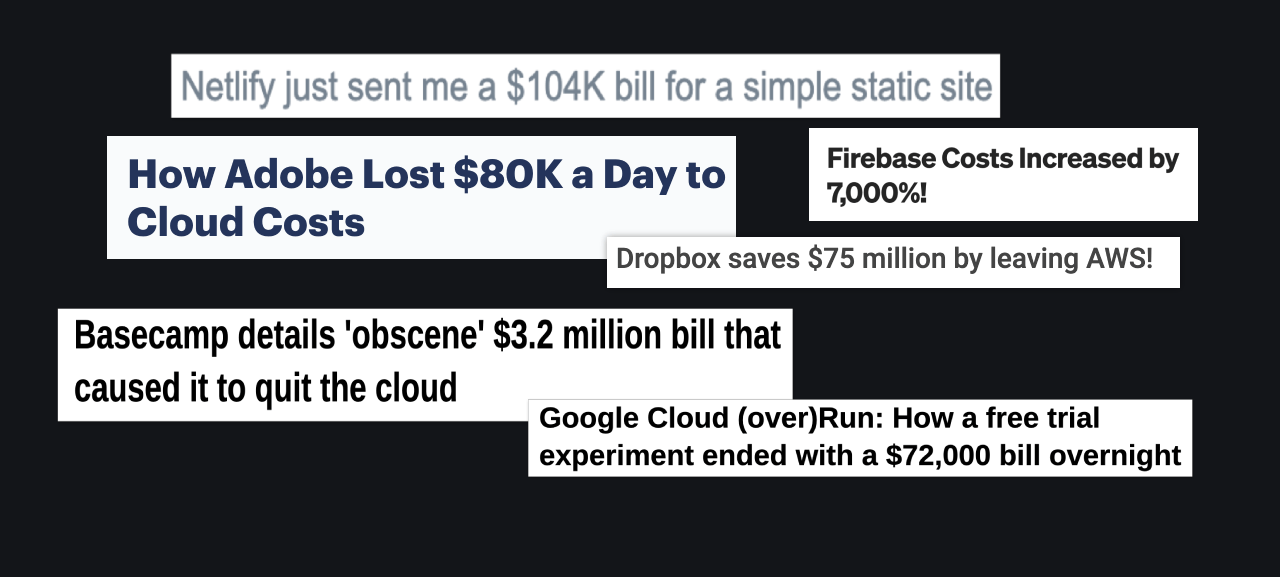Turn the Web into an OS: An Alternative to the Cloud
August 24, 2024

After 3 years of work, we recently open-sourced Puter, "The Web Operating System," and the results have truly exceeded our wildest expectations. In the first 5 months, Puter surpassed 23,000 stars and 100 contributors. It even managed to become the #1 post on Hacker News for almost a day!
Despite being in beta with no shortage of bugs, Puter has already attracted over 20,000 developers who have published more than 26,000 apps. Apps on Puter range from graphic design software such as Polotno to code editors like VSCode and Code With AI and games like Beat Rush.
But how did Puter get here?
What is Puter?
Puter is a web OS with built-in storage, database, AI, and more; In other words, Puter is an alternative to using the cloud. It eliminates the need for developers to manage servers, scaling, security, and API keys. Instead, Puter provides a simple API that allows developers to add cloud features to their apps with a single function call.

Anton Lavrenov, founder of Polotno
How does it work?
Let's say you needed GPT-4 in your web app, all you have to do is add the Puter SDK to your HTML file and call puter.ai.chat():
<html>
<body>
<script src="https://js.puter.com/v2/"></script>
<script>
puter.ai.chat(`What color was Napoleon's white horse?`).then(alert);
</script>
</body>
</html>Only a simple JS function call and you now have access to the most powerful AI in the world. No need to sign up for an API key, no need to worry about rate limits, and no need to worry about security.
Just like how you used OpenAI in the example above with a simple function call, you can also interact with the user's cloud file system, here's how you can create a file called hello.txt containing Hello, world!:
puter.fs.write('hello.txt', 'Hello, world!').then((file) => {
alert(`File written successfully at: ${file.path}`);
})
And just like that you added cloud storage to your app. Authentication, security, and scaling is all handled by Puter.
Now let's say you needed to store user's information in a database -- a very common pattern in apps. You can do this with Puter's built-in cloud key-value store:
puter.kv.set('name', 'Nariman Jelveh').then((success) => {
alert(`Key-value pair created/updated: ${success}`);
});That's it! No servers, no DevOps, no API keys, no security issues.
You can find more examples and documentation on Puter's docs. Please note that Puter is still in beta and we're working hard to make it even better. We will soon add support for SQL databases, cloud processing, more AI APIs, and several surprises.
"One more thing!"
Running apps in the "user space" has one massive benefit: your apps will cost exactly $0 in infrastructure. It doesn't matter if you have 1 user or 1 billion users, your costs will always always be $0. On Puter, users "bring their own infrastructure" and developers pay nothing!

Let's put an end to this!
Let's go!
Puter is a new infrastructure model that dramatically reduces the cost of building and running modern software. We're incredibly excited to see what you build with it and if you have any questions or feedback, feel free to reach out to me on X/Twitter.
